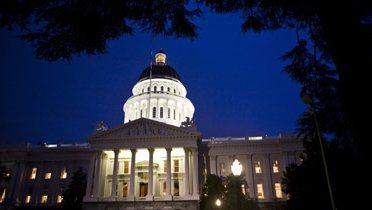As state legislatures reconvene this month, numerous states are contending with substantial budgetary turmoil, aggravated by the recent Great Recession and slow recovery. Such turmoil has visited substantial hardship on citizens and threatens to weaken many states’ ability to provide basic services and make in vestments for their long-term economic vitality.
This brief takes a careful look at the fiscal situation in Arizona, California, Colorado, and Nevada and examines the states’ serious cyclical budget shortfalls—those resulting from the recession and its aftermath—as well as the critical longer-term structural imbalances between revenues and expenditures that have developed in Arizona, California, and, to a lesser extent, Nevada. Along these lines, the study—produced by Brookings Mountain West in partnership with the Morrison Institute for Public Policy at Arizona State University— uses a unique methodology to estimate the size of the states’ structural deficits (or, in Colorado, the surplus) and explores the mix of forces, particularly the policy choices, that created them. After that, the authors highlight the dramatic impacts these states’ fiscal challenges, and government responses to them, are having on service delivery as well as local governments. The brief concludes by suggesting some of the steps state policymakers must take to close their budget gaps over the short and longer term. Accompanying the brief is a special single-state drill-down on the particularly dire situation in Arizona.
The Brookings Institution is committed to quality, independence, and impact.
We are supported by a diverse array of funders. In line with our values and policies, each Brookings publication represents the sole views of its author(s).





